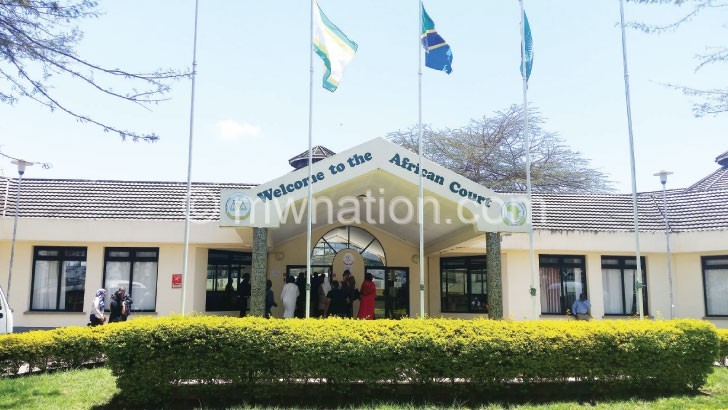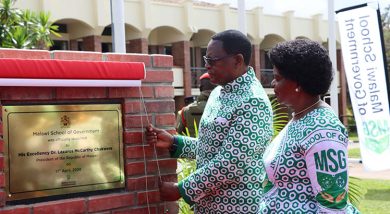AU courts journalists on human rights
Journalists from the African continent have been asked to take more responsibility in reporting issues pertaining to human rights in their countries by among others pointing out at remedies which the African Court for Human and People’s Rights (AfCHPR) provide.
Principal legal officer for the court, an organ of the African Union (AU), Horace Adjoloum, told journalists attending the training in Tanzania’s northern city of Arusha on Thursday that time had come for African journalists to encourage citizens of their respective countries to utilise the court which has already heard over 50 cases since its establishment.
“The court has overarching jurisdiction to hear cases not only party to the African Charter for Human and People’s Rights, but also other international human rights protocols to which African States have ratified such as those of the United Nations or any AU HR instruments.

“Journalists on the continent must, therefore, rise up and acquire enough knowledge that will help them disseminate accurate information about the court and its operations,” he said.
Thirty African States have already ratified the protocol while eight, including Malawi, have on top of the ratification deposited a declaration that gives the country’s citizens, civil society and other human rights defenders a direct access to take issues to the court after exhausting local remedies.
Other countries that have ratified and deposited their declarations include Benin, Burkina Faso, Cote d’Ivoire, Ghana, Mali, Rwanda and Tanzania.
The court was set up in 2006 with a mandate to complement and reinforce the protective mandate of the African Commission on Human and Peoples Rights, which is commonly referred to as the Banjul Commission.
Among others under Article 3 of the protocol, the court has jurisdiction over all cases and disputes that are submitted to it which concern the interpretation and application of the African Charter on Human and People’s Rights, the protocol and any other relevant human rights instruments member States ratified.
A representative for GIZ, which supported the training, Karin Pluberg, called for more resolve from journalists in the wake of intimidation from State authorities in many countries on the continent.
Said Pluberg: “We have so far trained journalists from over 30 countries from across the continent. This is important for citizens of African countries to claim their rights in case of violations. Media is a crucial tool to transport the human rights messages to the people on the continent.





